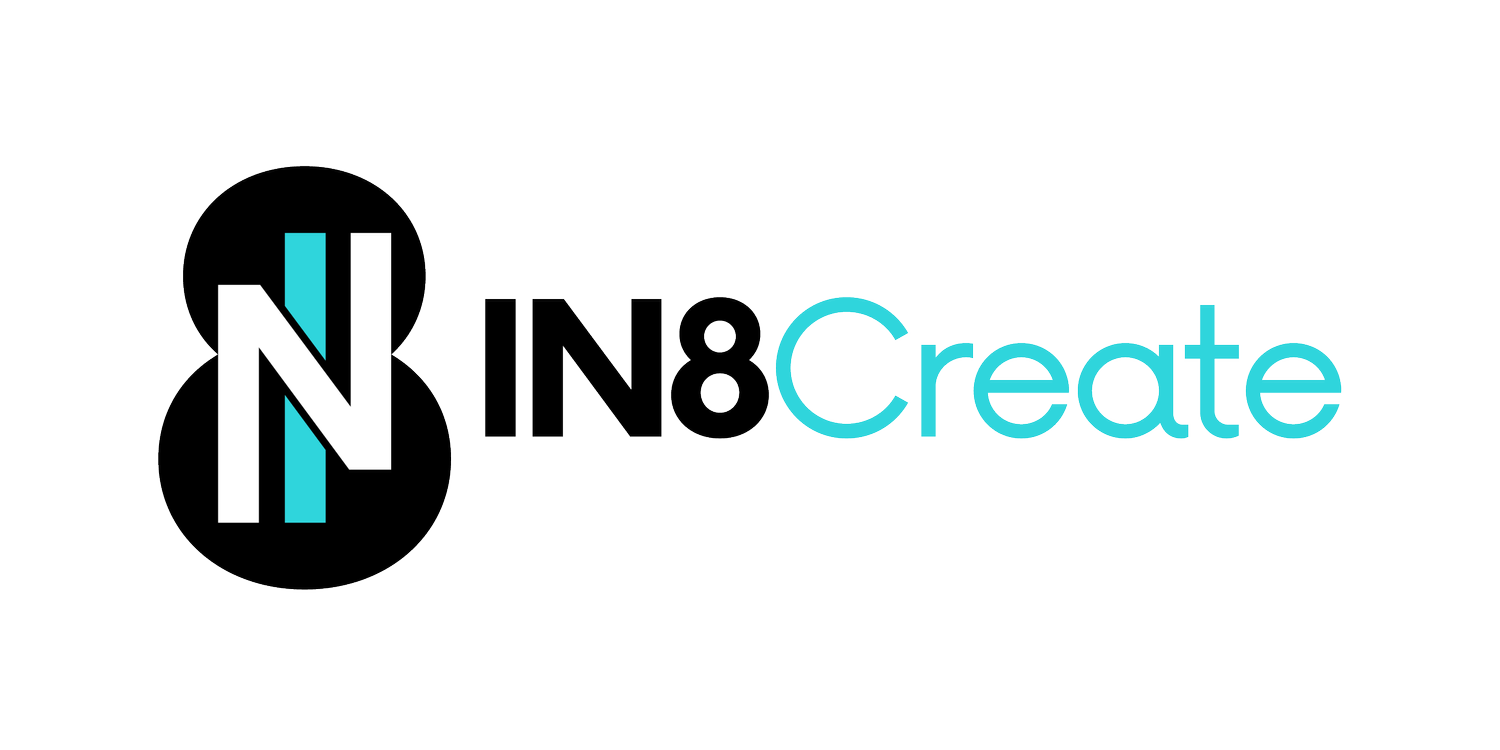
Insights

Why Team Buy-In Fails
Here's what you already know about your team: when you hand them the solution, they find seventeen reasons it won't work. When they build the solution themselves, they find seventeen ways to make it work better.

Those Who Don't Build Must Burn
As talent becomes harder and harder to attract and retain: Don't sacrifice your A-players to accommodate your C's.
That negative team member who's "not that bad" and "has some good qualities"? They're costing you far more than their salary. They're costing you the engagement, creativity, and performance of everyone around them.
There's an old Hindu proverb that says, "There are hundreds of paths up the mountain, all leading in the same direction, so it doesn't matter which path you take. The only one wasting time is the one who runs around and around the mountain, telling everyone that his or her path is wrong."

The Invisible Hand of Peer Accountability
In our increasingly virtual world, we need to be more intentional about building these peer connections. Because when team members truly see each other as people they're responsible to (not just people they work with), everything changes.

The Spaghetti Tower Challenge
Have you heard of Peter Skillman's Spaghetti Tower Challenge? (If you haven't participated yet, spoiler alert: I'm about to ruin the surprise.)
I did this exercise a few years back, and what happened completely flipped my understanding of how teams really work.

The Scoreboard Effect: How to Build Team Standards That Stick
Why teams lose their way when scoreboards appear. Discover how to build Core Constants—the unchanging standards that keep teams performing under pressure

Building Stronger Connections In Teams
That candy shell exists for a reason. It's protective, safe. If people reveal their chocolate, they could be hurt, altered, or worse - melted! The professional personas we build around ourselves serve a similar purpose. They're carefully crafted to present the version of ourselves we believe will be most successful in our work environment.

Team Trust Is Built in Moments Most People Miss
We create mental shortcuts about these people, usually based on very limited information, and those definitions influence our collaboration moving forward. Often, these snap judgments become self-reinforcing cycles that can be difficult to break.

When Teams Unite Under Pressure
These scenarios never cease to amaze me because of how deeply connected they make us feel. They tap into our identity as valued members of our work community, and when that community faces a crisis, people respond instinctively. This might mean staying late, contributing extra effort, or stepping outside comfort zones to help the team succeed.

Witnessing True Team Engagement
Think about it - when was the last time you saw an entire team fully present, genuinely interested in each other's perspectives? Not just going through the motions of team building, but truly connecting?

The Foundations of Amazing Teamwork
Creating an exceptional team requires intention and effort, but the rewards are worth the investment. When these six foundations are firmly established and actively maintained, teams can achieve remarkable results while creating an environment where everyone flourishes. Excellence in teamwork isn't accidental - it's the product of careful cultivation of these essential elements.

Team Building's Secret: We Learned It All In Our Youth
Here's the profound insight: Most of us learned the fundamentals of teamwork in our youth through sports, arts, or other group activities. When facing team challenges in our professional lives, perhaps the solution lies not in complex management theories but in returning to these basic principles.

Stepping Forward - The Hidden Power of Team Commitment
The psychology behind this approach aligns perfectly with James Clear's insights on identity-based habits in his book "Atomic Habits." When we incorporate something into our identity – whether it's being a committed team player or a coachable athlete – our actions naturally flow from that self-image. It's no longer about forcing ourselves to follow rules; it's about staying true to who we've declared ourselves to be.

